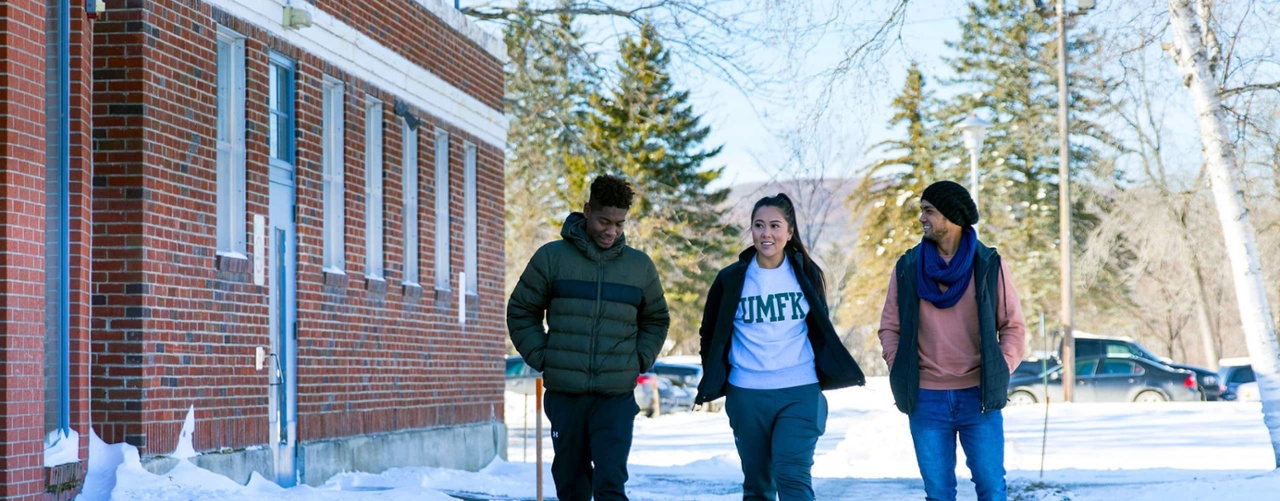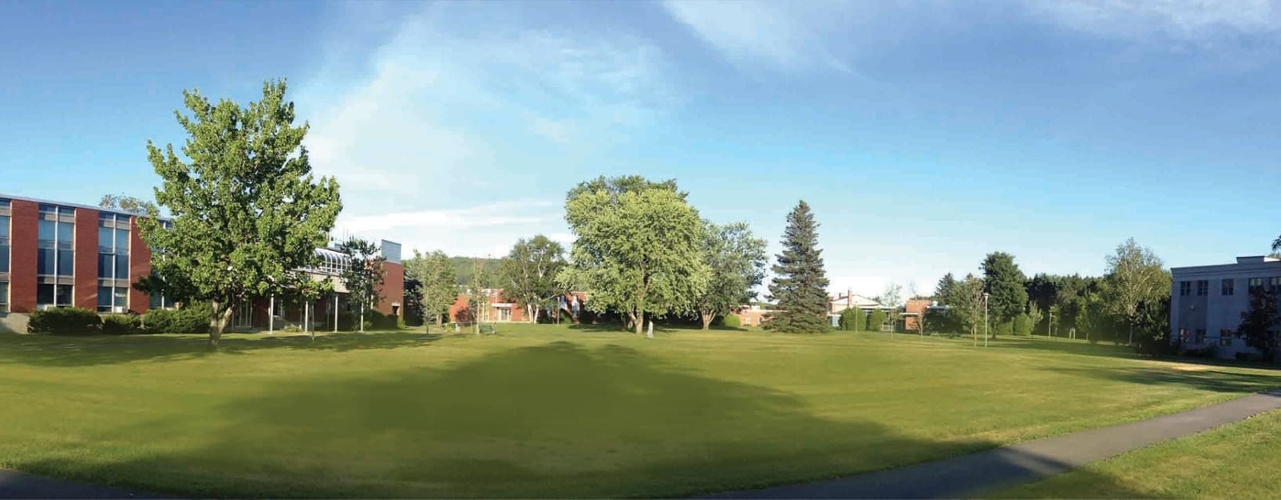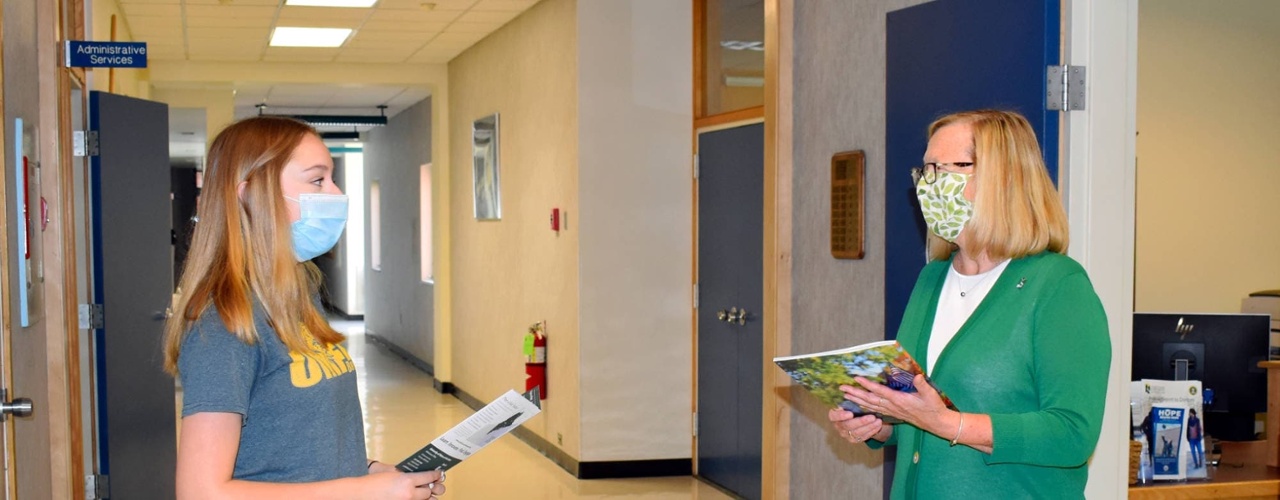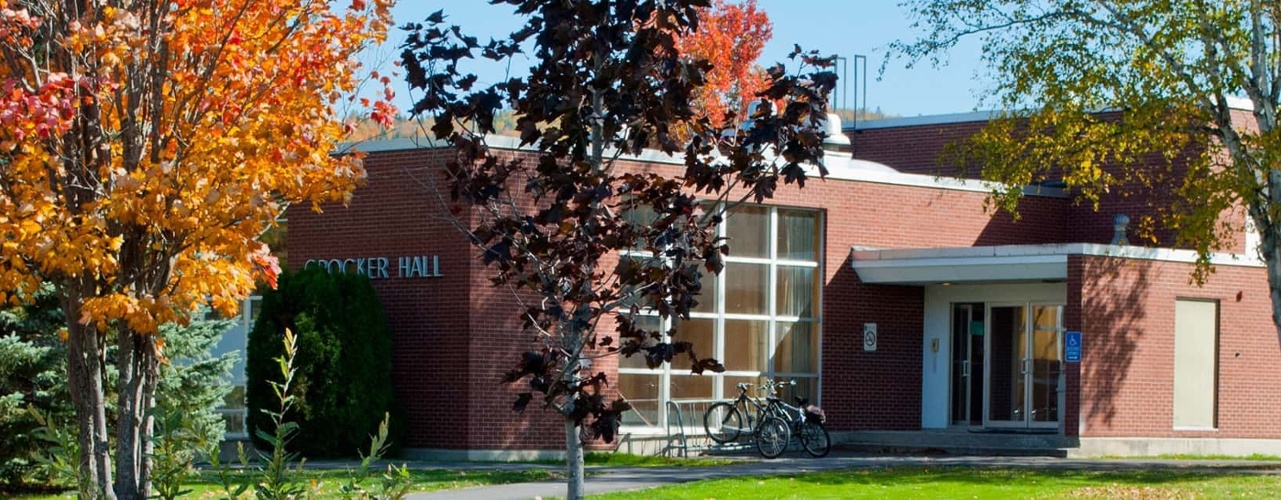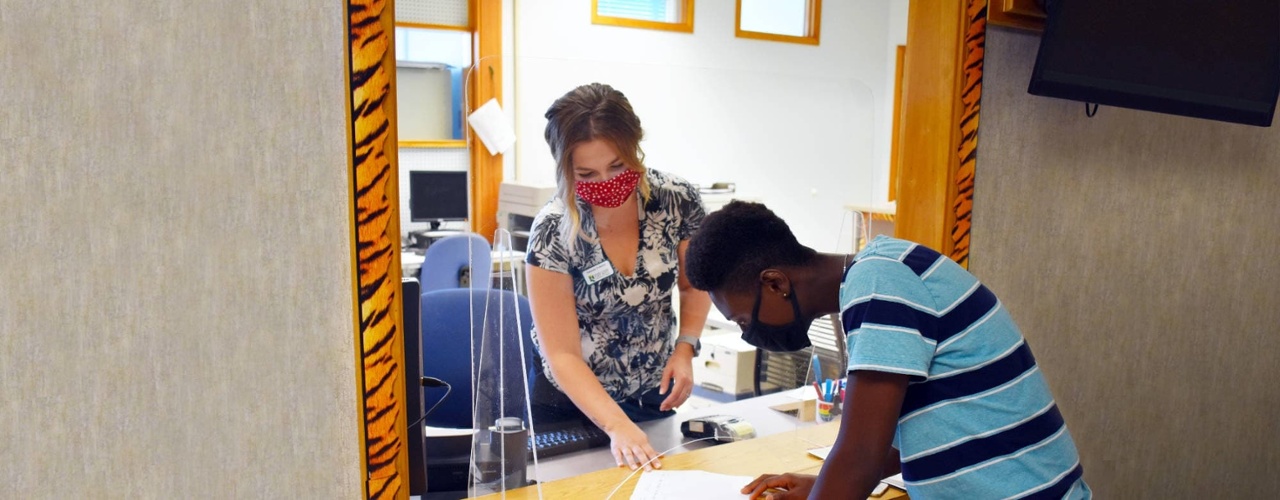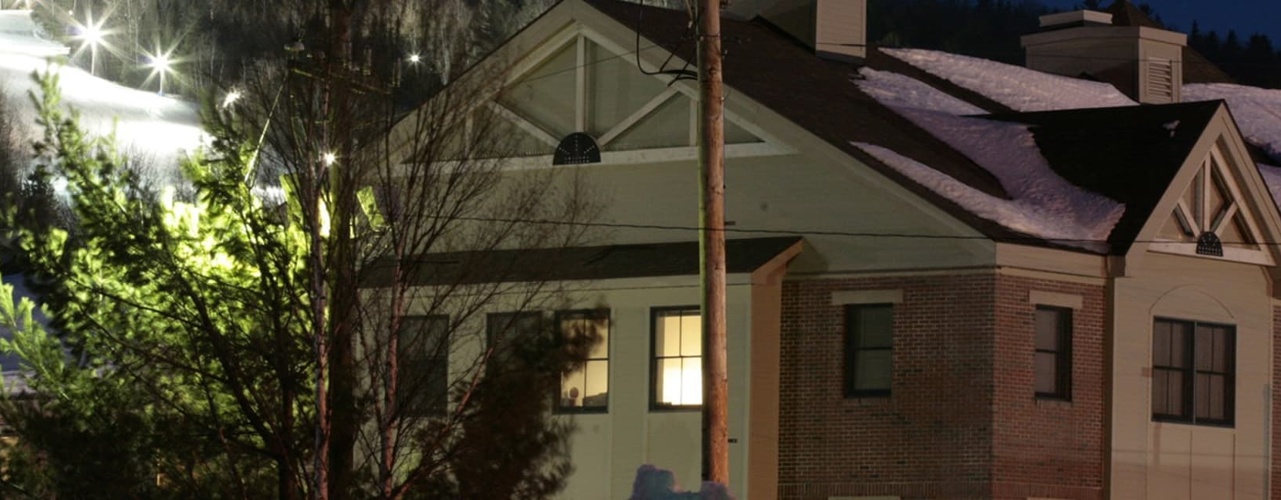
Latest News
UMFK's Center for Rural Sustainable Development to hold Informational Meeting on Biograss Farming
February 20, 2013
Note: this is an archived news release. As such, the information provided may no longer apply.
NR13009
The University of Maine at Fort Kent's Center for Rural Sustainable Development will hold an informational meeting for area farmers on biograss farming in northern Maine on Monday, February 25, at 6:30 p.m. in UMFK's Nadeau Hall Teleconference Room.
The keynote speaker at the meeting will be Kalvin Ernst, a specialist in biograss seed selection and harvesting. Ernst also has knowledge in invasive species as it pertains to seed selection.
Kalvin Ernst is the owner and operator of Ernst Conservation Seeds and Ernst Biomass, a pellet manufacturing facility, located in Meadville, Pennsylvania. His company grows and harvests nearly 400 naturalized species of seeds, as well as providing crops and agricultural supplies for various applications including wildlife habitat, wetland mitigation and Conservation Reserve Program initiatives.
Ernst's operation, which resembles a typical grain farm, is national in its scope with 8,345 acres on-site in Pennsylvania and 300 acres in Florida. It also contracts with growers in North Carolina, South Carolina, and Maryland. The company has 65 full-time employees in marketing, sales, production and processing, in addition to its harvest operations.
Ernst Conservation Seeds is one of the largest and most experienced switchgrass seed producers in the world. It has more than 20 years experience in establishing, managing, and harvesting switchgrass seed and biomass. Its expanded processing, treating, and storage facilities, coupled with its experience and customer service, allows Ernst to provide quality products and support.
In recent years, this native warm season grass has attracted much attention as a potential source of alternative energy due to the following reasons:
· Switchgrass is a perennial warm season grass
· Switchgrass is able to thrive in marginal conditions
· Switchgrass has minimal input requirements
· Switchgrass is efficient in converting sunlight into useable biomass
· Switchgrass has soil, water, air, and wildlife benefits
Certain lowland switchgrass species are best for biomass purposes, according to Ernst, because of their upright structure, which increases the amount of plant potential per square foot and makes harvesting easier.
Ernst researchers are working to improve switchgrass characteristics in order to maximize the biomass output and quality through selective breeding and improved genetics.
For further information on the informational meeting, please call 207-834-7568.
